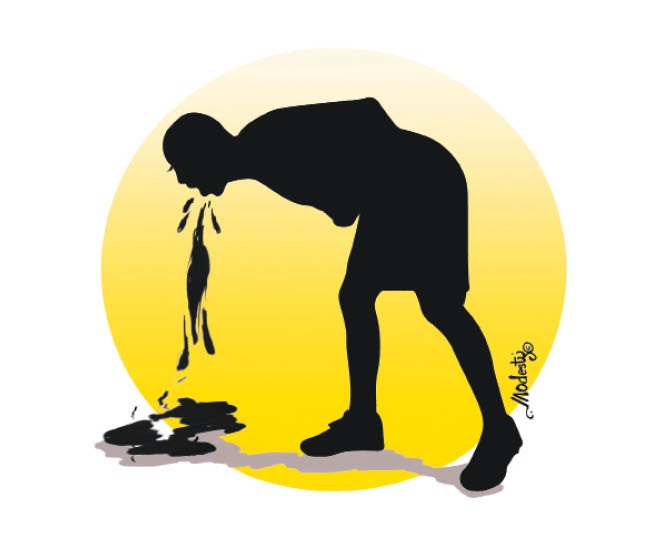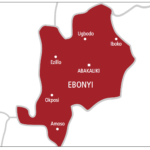A fortnight ago, we commenced the two-part series on the strategies for the prevention of kidney failure in Nigeria.
The prevention of kidney failure is a crucial public health goal and the implementation of the initiatives must be jump-started and vigorously championed by those in leadership.
The multi-pronged plan I detailed to prevent kidney failure in Nigeria entails efforts by:
- a) Clinical laboratories and laboratory scientists
- b) State governments
- c) The gatekeepers – nurses, pharmacists and general physicians
- d) Hospitals and healthcare facilities
- e) The individual
This week we will discuss the last two strategies involving hospitals and healthcare facilities and the individual.
The appeal of the prescribed initiatives is that they entail the expense of no or little money – rather they necessitate a high level of vigilance, diligence and moral commitment to do the right thing
Thus, prevention – by any means necessary – should be the mantra. Ensuring that citizens remain in good health and productive is enlightened self-interest.
Hospitals and healthcare facilities
Acute kidney injury (AKI) is common in hospitalized patients especially among those in the intensive care unit (ICU) or following a surgical procedure. The one area that hospitals and healthcare facilities can make an immediate impact is to devise and implement measures to prevent AKI or to promptly recognize it and treat it quickly.
One approach to achieve this goal is for hospitals and healthcare facilities to convene a Kidney Protection Committee whose members will include, a nurse, a clinical pharmacist, a dietician, a laboratory scientist, a general physician and a nephrologist. The committee will:
- a) Liaise with the Clinical Laboratory to ensure that they begin reporting eGFR each time a serum creatinine blood test is ordered if they are not already doing so.
- b) Educate the hospital staff on the utility of eGFR.
- c) Implement a “red-flagging” system to highlight the medical record of any hospitalized patient with reduced kidney function.
- d) Devise a system to ensure prompt discontinuation or avoidance of drugs that are toxic to the kidneys.
- e) Ensure that the pharmacists always verify that the dose of any drug prescribed is adjusted to the level of kidney function before dispensing the drug.
The individual what you must do to protect your kidneys
It is all about prevention and it is up to you. Remember you are responsible for everything you put in your mouth. While herbal concoctions are very popular, they are unregulated, stated label ingredients may be inaccurate, thus patients may not be taking what they think they are.
Since the kidney is the major organ that excretes drugs and toxins, it is susceptible to injury from untested and unregulated products. This thesis is particularly relevant among those who already have impaired kidney function from other causes such as diabetes or hypertension. You must;
Avoid drugs or products that will damage your kidneys like NSAIDs – painkillers used to treat arthritis (Ibuprofen, Naproxen, Diclofenac, etc); certain antibiotics (Aminoglycosides like Gentamicin), or herbal concoctions.
Check your blood pressure (BP) often and get annual blood and urine tests.
Make sure if you have high BP or diabetes mellitus, that it is well controlled. Your BP should be less than 130/80, or down to 120/75 if there is protein in your urine or if you have diabetes mellitus.
In addition to taking medications as prescribed by your doctor for your high blood pressure, the underlisted non-pharmacologic interventions will greatly help to improve your blood pressure and often result in your requiring less medication;
- i) Reduce salt intake.
- ii) Exercise.
iii) Maintain ideal weight.
- iv) Smoking cessation.
- v) Reduce alcohol intake.
- vi) Good sleep hygiene.
vii) Reduce stress.
Finally, the Kidney Protection Project will enthusiastically provide technical support free-of-charge to any state government or hospital that wants our input as they formulate a plan for kidney failure prevention.




